Michael Axworthy had the challenge of writing the book on Iran’s history from the ancient times through great empires down to the Revolution of 1979 and now the time of post-JCPOA; he believes that there had been a fundamental difference between the identities defined in Iranian and the European context where the hereditary line and the wealth set the criterion for defining nations; for Axworthy, the image Iran provides for the world is equivocal, yet he believes, as Amazon description of the book wrote, “frequently vilified, it is a nation of great intellectual variety and depth, and one of the oldest continuing civilizations in the world. Its political impact has been tremendous, not only on its neighbors in the Middle East but also throughout the world, from the time of the prophet Zoroaster, to the powerful ancient Persian Empires, to the revolution of 1979, the hostage crisis, and the current standoff over Iran's nuclear ambitions.”
Depicting a nation with specific quality and characteristic always has been an obstacle on getting true understanding of that nation in historical studies. Because most of analyses will be affected by these features (national style) as background of our study. For example, about Iran, many of scholars believe that Iranians sought an empire or revival of their past empire. Have you used this such approach in your book?
I agree that the category ‘nation’ is problematic in general – but in my view, historically, the position of Iran as a nation is clearer than many. Personally, I don’t see Iran trying to recreate some past empire, and this is apparent in my book, I think. I see Iranian identity as more a matter of culture, language and influence - rather than blood and land in the rather narrow and destructive European 19th century sense of nation.
What is the most effective element on the Iran’s foreign policy in the region?
It is not really for me to pass judgement on Iran’s foreign policy, but I would say it is my impression that Iran’s engagement with the JCPOA, and its successful conclusion, have been much more effective for Iran and Iran’s interests than, for example, the previous more confrontational policy before 2013.
Some believe that West recognizes Iran by what is explained to them by Arab states or Israeli regime. Do you accept this assumption? How much have been Western media networks honest on delivering the facts about Iran to their people?
Unfortunately, I agree, there are still too many people in the UK, the US and the West in general who listen too readily to inaccurate and misleading accounts of Iran and Iran’s motives, rather than trying to look at the situation in the Middle East in a more balanced way. This is usually not so much a conspiracy as an all-too-human combination of ignorance, the power of money, and what is sometimes called ‘groupthink.’ In my book and in other previous books, I have tried, (as have others), to put across a more reasonable balance to a general English-speaking readership. But there are still also some in Iran who seem to be happy to give ammunition to those negative portrayals with provocative and confrontational statements – and still, as for many years, there are people, in Iran and in the West, who have an interest in continued hostility - and those people feed off each other. I hoped that the JCPOA would finally push those people to the absurd margins, where they belong, but it seems that process is going to take a bit longer.
Michael Axworthy is the author of Revolutionary Iran: A History of the Islamic Republic (Penguin), and senior lecturer at the University of Exeter.
Interview by: Vahid Pourtajrischi


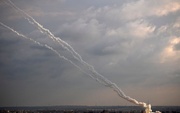
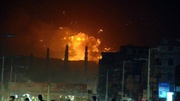
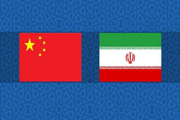


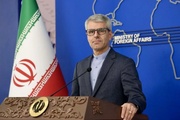
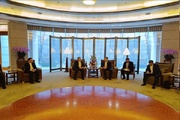
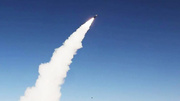
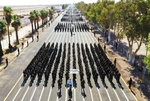
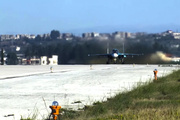



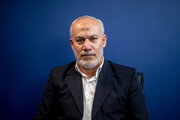


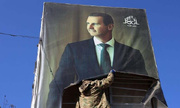

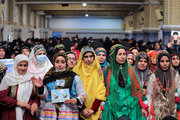


Your Comment